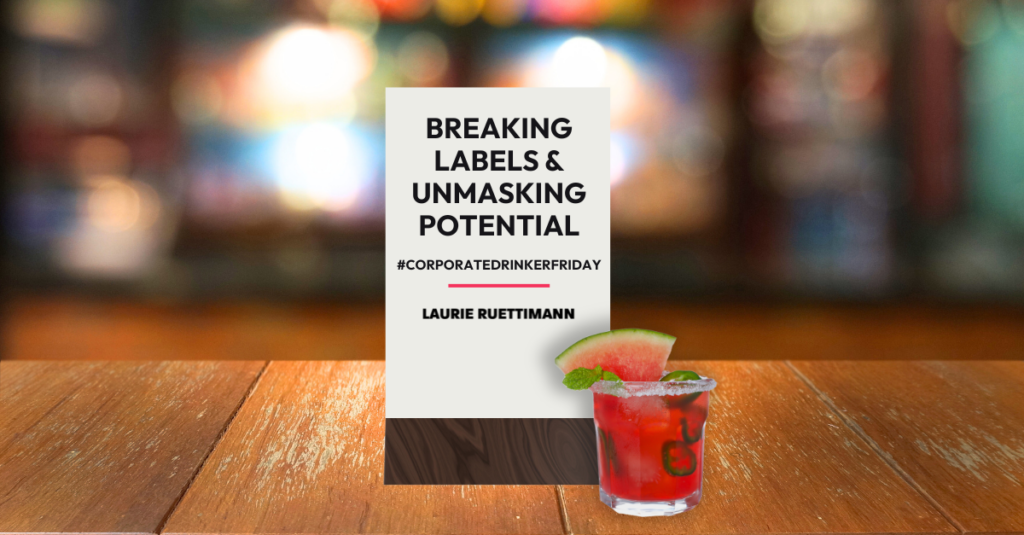
I know that Adam Grant broke up with MBTI, but it would do everyone some good to break up with introversion and extroversion.
Who Are Introverts and Extroverts?
In our journey towards self-understanding, we often cling to labels that we believe define us. Labels such as ‘introvert’ or ‘extrovert’ have found their way into our personal and professional lives, influencing how we perceive ourselves and others. But are these labels truly aiding our growth and understanding? Or are they limiting our perception of someone’s full potential?
In the professional world, casual labels like introversion and extroversion are frequently tossed around at networking events, team-building exercises, and even during performance evaluations. The danger of this practice is twofold. First, it risks oversimplifying complex individuals into neatly packaged labels. Second, it can create self-imposed boundaries, making us feel compelled to behave in a certain way to live up to these labels.
What’s worse is that these labels can never capture our full potential or the richness of our personalities. Swiss psychiatrist Carl Jung, who originally introduced the concepts of introversion and extroversion, saw these as two ends of a spectrum upon which we all exist. He emphasized that no one is entirely an introvert or an extrovert; instead, we all exhibit a blend of both to varying degrees.
It’s also important to remember that these labels are just theories — not really rooted in actual science, despite what people at Ivy League schools tell you — and may cause harm. For instance, many who see themselves as introverts might resort to ‘liquid courage’ at networking events to seem more outgoing. At the same time, so-called extroverts might use alcohol to calm their social anxieties to create quieter, more intimate moments with colleagues. In that way, the dichotomy of introversion/extroversion is just an avoidance tactic that sidesteps the journey toward building better relationships.
A Label is a Mask
In Jung’s work, he wrote about ‘persona’ — the mask or role we present to the world to meet the demands of social interactions. When we resort to these masks, we’re not expressing our authentic personalities but are instead showing a version that we believe is acceptable to others.
We must look beyond these categories and masks to harness our potential and build genuine relationships at work. Here are a few ways to do so:
- Respect Individuality: Remember that everyone is more than an ‘introvert’ or an ‘extrovert.’ Each individual has unique experiences, skills, and perspectives to offer. So let’s try to understand and value diversity rather than boxing people into categories.
- Challenge Labels: Be brave enough to remove your self-imposed label and encourage others to do the same. Initiate conversations that allow them to express their thoughts, ideas, and feelings without fear of judgment.
- Promote Genuine Interactions: Instead of relying on masks (or using alcohol to help connect), encourage natural interactions that might be awkward initially but could eventually turn into fun. Real strength comes from being comfortable with who we are, not who we think others want us to be.
- Embrace the Journey to Feeling Balanced: Jung’s goal was to encourage individuals to acknowledge and integrate the various parts of their personality (individuation), not to lean heavily on one aspect. Encourage this journey at your workplace. Foster conditions where people feel empowered to exhibit their most comfortable selves in your presence, not just their introverted or extroverted side.
My next book, Corporate Drinker, aims to foster workplaces that promote genuine understanding and respect for individuality, free from the constraints of limiting labels. I think our true potential lies not within labels—like introvert or extrovert—but within our willingness to be brave, grow, and integrate all aspects of ourselves.
That’s what Corporate Drinker is all about. Hope you sign up for my newsletter and follow my book-writing journey!
You must be logged in to post a comment.